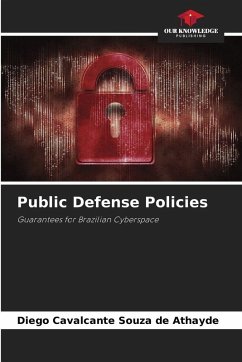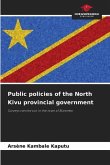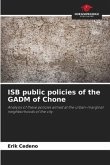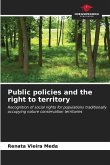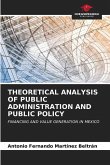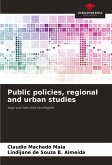The technological revolution has enabled countless advances in modern society, giving rise to the so-called "Information Society," which finds itself overwhelmed by the rapid dissemination of knowledge and information fostered by ICTs. As a result, governments and citizens have become exposed to the dangers and threats surrounding "cyberspace," where interactions in the interconnected world take place. Recent history shows that cyberspace can become a hostile environment for the security of countries and citizens. Wars and attacks with far-reaching consequences can be initiated from the virtual environment, whether as a result of actions by isolated actors or government groups. The fact is that this scenario highlights the need for governments to provide security and defense for their cyberspaces, which are acquiring the characteristics of true nation-states, with cyber-inhabitants as their people, cyberspace as their territory, and sovereignty residing in their ability to guarantee and exploit this virtual environment. What to do when the enemy is invisible and could be anywhere?
Bitte wählen Sie Ihr Anliegen aus.
Rechnungen
Retourenschein anfordern
Bestellstatus
Storno

